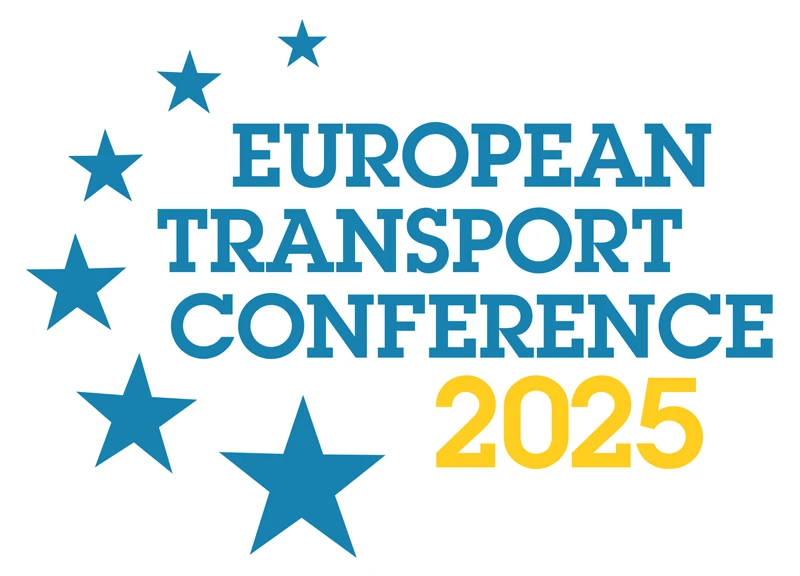-
Past ETC Papers

Browse, search and view papers from the past AET Conferences.
-
Members' Area

AET promotes networking and exchange of ideas, information and opportunities amongst members.
Conference Papers 2018
Dublin, Ireland
ETC Conference Papers 2018
A Novel Optimization Model for Short Term Storage of Containers in Empty Container Terminals
Seminar
Day 1 (10 Oct 2018), Session 1, Modelling, 10:45 - 12:45
Status
Accepted, awaiting documents
Submitted by / Abstract owner
Vasco Reis
Authors
José Oliveira, Rui Oliveira, Marta Gomes, Vasco Reis, Rosário Macário,
CERIS, CESUR, Instituto Superior Técnico, Universidade de Lisboa
Short abstract
This paper describes a novel optimization model for short term storage of containers in empty container terminals
Abstract
Small scale empty container terminals are subject to severe space and operational constraints. Containers belonging to different clients, transporting different kinds of cargo, and possibly subject to specific depot operations, have to be stacked in the same storage areas. A way to systematize the allocation of storage positions towards more productive stacking policies is deeply necessary. The decisions on where to store a newly arrived container have a major impact on service level and operational costs. This problem grows worse considering there is a huge uncertainty regarding the containers' dwell time. The larger part of the wasted resources of the depot are due to non-productive movements of containers. This re-arrangement is made when the requested container is stored in an inner storage position.
These are the predicaments faced by the Lisbon Multipurpose Terminal (TML), where, due to the environment of legal and operational conditions, the request for a specific container in a stack to be available at unknown times is the main source of uncertainty. At present, the task of stacking the containers is assigned to the terminal managers who, relying on their own perceptions and devised mental processes, contrive as good as possible solutions to the problem at hand. These solutions are arguably the best and certainly lack the method and consistency that the industrial and mass trading environment requires.
The optimization model presented in this project relies in the programming and standardization of the heuristic rules to which the container allocation should abide, in the application of an algorithm for the allocation to the depot operations of the different forklifts available and the allocation of storage positions to entering containers, which includes a TSP solver. Moreover, this model allows for the selection and optimization of the model parameters, with the objective of studying the performance of different stacking policies over a bi-objective function.
The novelty of this solution stems from its capacity to accommodate dwell time uncertainty as well its robustness when dealing with several parametrized stacking policies and the availability of different depot resources.
At present, a simulation model is being developed with the objective of providing a testing platform to the optimization module described above. Simulation results (that will be available and analyzed soon), together with the validating experts opinion, shall prove a valuable tool in decreasing the terminal operational costs as well as in the improvement of the service level.
Programme committee
Freight and Logistics
Documents:
No documents yet.
Association For
European Transport
Forester House
Doctors Lane
Henley-in-Arden
Warwickshire, UK
B95 5AW
+44 (0) 15 64 793552
VAT number: 710 1866 64
Conference Supporters & Endorsers




Legal Entity
The Association for European Transport is registered as an Association ('vereniging') with the Chamber of Commerce for Haaglanden in The Netherlands under company number 27170096.
Built on Zenario




